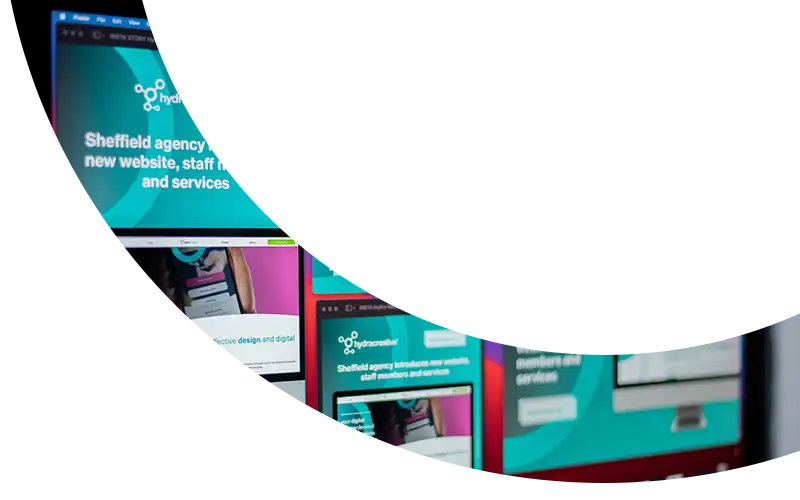With Google’s new page indexing scheduled for roll out in early 2021, can your business afford to let the grass grow under your search marketing efforts? From design and branding, video production and animation, to bespoke websites, software and digital marketing, we will work with you to produce work that wows your target audience and gives you a great return on investment.

It is anticipated that two of Google’s biggest shake-ups in years will impact business owners during the first half of 2021. And there is little doubt there will be casualties when currently most businesses state that they are not aware of the impending changes.
Some may believe that they have made the necessary changes in order to keep up to speed with the world’s biggest search engine.
The hard truth will come home to roost in Google’s search engine results pages when indexing updates decide the ranking position of your website.
Google makes hundreds of algorithm updates every year in a continual effort to improve the user’s search experience. The search giant is in a constant battle against spammers, hackers, poor web practitioners and black hat SEO tricksters, all of which are making constant efforts to outsmart the rankings rules.
Keeping onside with SEO
Some algorithm updates have a significant impact on website rankings, others less so. Some are easy to understand and others more technical.
It’s little wonder some business executives feel bamboozled and frustrated by it all. After all, making sense of lazy loading, robots.txt, alt tags and interstitials can be mind-boggling – and beyond the job spec of most marketing managers.
The relentless updates keep SEO professionals on their toes, but also leave many CEOs reluctant to sanction another web spend. But keeping your website in tip-top condition need not cost the earth, and is money well invested once clear objectives are determined to fulfil your online strategy.
Mobile First – Desktop Dropped
So, what do we know for sure? Well, the first major change comes in March, when Google sinks its teeth into website owners who ignored its long-since announced Mobile First strategy.
The major news here is that desktop-only optimised websites simply won’t rank. Most website owners have ensured their sites are responsive and mobile friendly, but are they aware that mobile indexing must be a priority? All content must be mobile friendly if you want your customers to see it.
To support this, all images and videos must be optimised for mobile. If they don’t make the grade, they will negatively affect your company’s Google ranking.
Focus on user experience
The second major indexing change is rumoured to be rolled out at some point in the spring, and will focus on user experience.
This indexing update will penalise slow loading web pages, slow user interactivity and poor user engagement, such as unstable forms at checkout. We’ve all been frustrated inputting our details into badly designed forms. It’s frustrating for the user and is responsible for many cart abandonments on ecommerce websites.
These updates are all good news for the millions of consumers that use the internet every day to shop, learn, communicate and play. It is also good news for business owners who put their customers at the heart of their operations.
After all, every business wants to convey trust and commitment to everyone who visits their website. Achieving this is an evolutionary process and is as much about search engine optimisation and web design as it is about conveying your business brand message.
The updates may appear to be a while away from now; however, with most SEO experts claiming that changes can take months to take effect, now is the best time to get this actioned, to avoid losing your current search engine status.
An effective website is vital in today’s business climate, and is perhaps the single most important factor in determining how your audience feels about your business. It’s often the first experience they will have of your company and represents who you are and what you do. And as the flagship of your brand, it offers major opportunity to exhibit credibility and build trust – two characteristics at the epicentre of Google’s mission to improve online experiences.
To discuss your unique requirements and get a plan together to protect your rankings, or to improve them, get in touch with the SEO experts at Hydra Creative, who can help to successfully guide you through this transitional time.

Let's start creating together
Let Hydra be the solution for your next project.